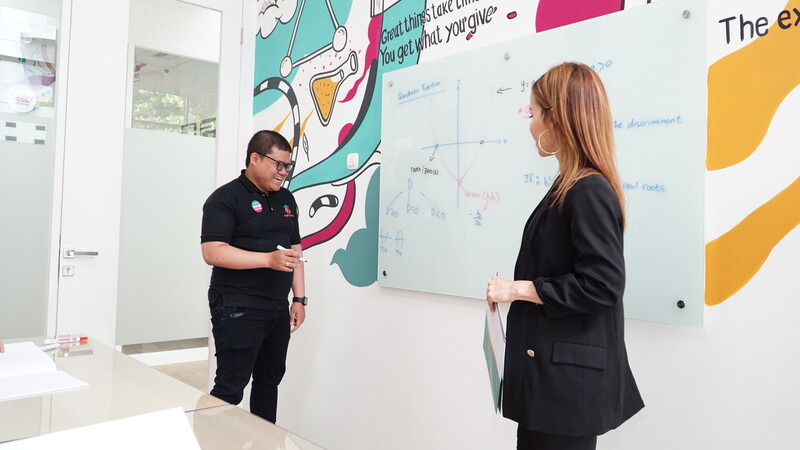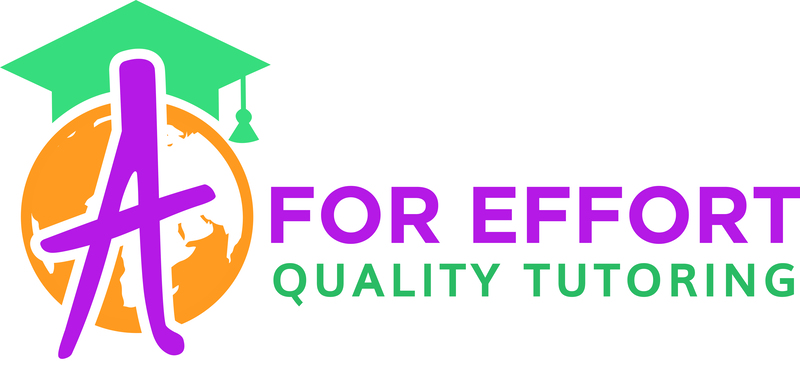The International Baccalaureate curriculum, otherwise known as IB, is one of the most popular and widely offered curriculums amongst international schools in Indonesia.
The IB Diploma Programme
While most international schools offer a combination of several programmes within their entire curriculum, almost all international schools provide students with the option to follow the IB Diploma Programme (IBDP) in the final two years of high school. The IB Diploma Programme serves as an internationally recognised qualification for higher education worldwide and consists of six subject groups taken at either standard level (SL) or higher level (HL). 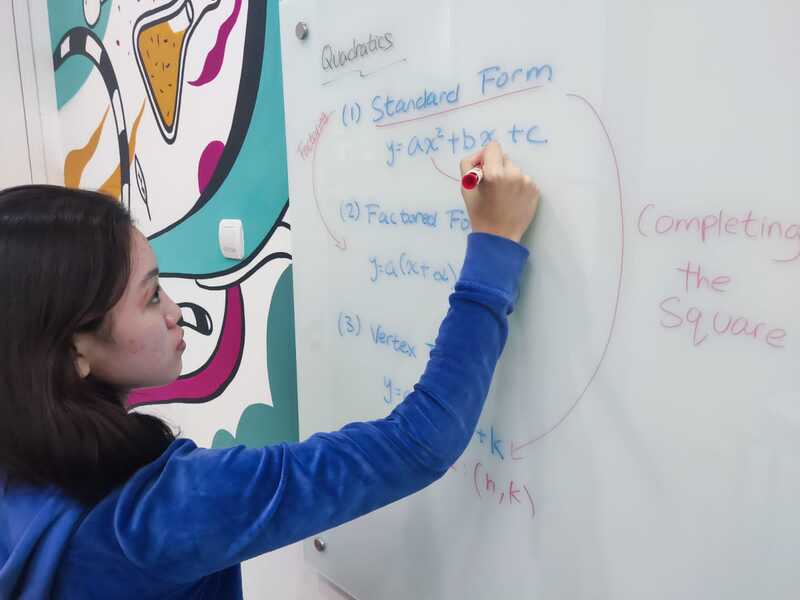
IB Mathematics
One of the core subject groups offered in the IB Diploma Programme is Mathematics, and it is a required subject to take in order for students to earn the IB Diploma. Students can choose to take IB Maths Applications and Interpretations (AI) or Analysis and Approaches (AA), both of which can be taken at either standard or higher level.
Regardless of whether students take IB Math at standard or higher level, the IB Maths curriculum is a challenging course. It is one that expects students to have a thorough understanding of most of the main Maths units, and the ability to apply their knowledge to typical IB-style questions which will test students beyond their typical Maths comprehension.
Since a student’s final IB score is primarily dependent on their IB exam grade, students face a lot of pressure in the final few months of high school to ensure that everything they have learned is positively reflected in their IB exam grade, as their future higher education path largely depends on it.
Nevertheless, there are techniques that students can apply to study most effectively for their IB exams. A for Effort, an international tutoring centre in South Jakarta, has extensive experience helping students prepare for their IB Maths and Science exams. With their knowledge of the IB exam preparation process, they have compiled the best methods for students to study most effectively for their IB Math exams.
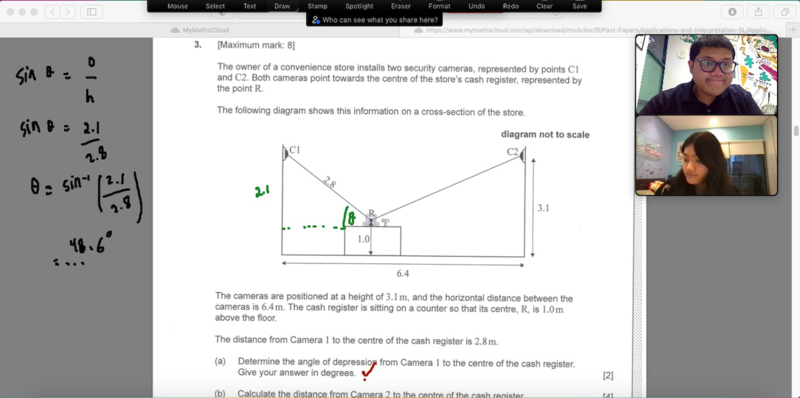
Tip #1: Practice actual IB-style questions
The most effective way to practice for the IB Maths exam is to practice using official IB Maths questions, which go beyond the general Maths questions you will find in your everyday Maths textbook. IB Maths tests students on their ability to apply their knowledge, rather than just their comprehension of the material. IB Maths questions take on specific forms which, when understood, will enable students to approach them effectively and efficiently.
Once students recognise patterns in the IB questions, it can help them understand how to approach each question accordingly. Therefore, doing repeated exercises will allow students to increase their exposure to the various ways IB presents their Maths questions on exams.
Tip #2: Understand the scoring system
Related to the first tip is the benefit of understanding the IB scoring system. With more exposure to official IB-style questions, students will also be able to understand how they can score the most points per question.
On IB Maths exams, it is vital that students show each step involved in reaching their final answer. A correct final answer without showing the intermediary steps will only result in a partial score. The total number of points a student can score per question gives an indication of which intermediary steps they need to include in their answer.
Tip #3: Active recall
Active recall is a proven learning strategy which enables students to effectively remember their learning materials. It incorporates various methods of using prompts to remember materials. When information is retrieved from memory, the student’s long-term memory is increased, which leads to better retention of the material, triggering what is called the “testing effect“.
Active recall can be applied using various methods such as flashcards, writing questions during note-taking, summarising the material, or re-explaining the material to another friend or mentor.
Tip #4: Do timed practice tests
Just as important as having a good understanding of the material, is the ability to process information and apply it in a timed setting in the form of a practice test. Improving a student’s test-taking skills allows them to learn to work under pressure, where time management and lack of resources play a big role. This, in turn, allows the student to evaluate their current understanding of the material.
Tip #5: Stay organised and plan ahead
Staying organised and planning ahead will allow students to allocate the necessary studying time to each subject. Students should evidently devote more time to subjects that are more challenging for them personally.
For the IB Maths exam specifically, it will require a good understanding of which topics the student needs to focus on more than others, given the limited amount of time a student has to study. A good allocation of time and having a solid study plan will help reduce the stress a student may experience during this period. 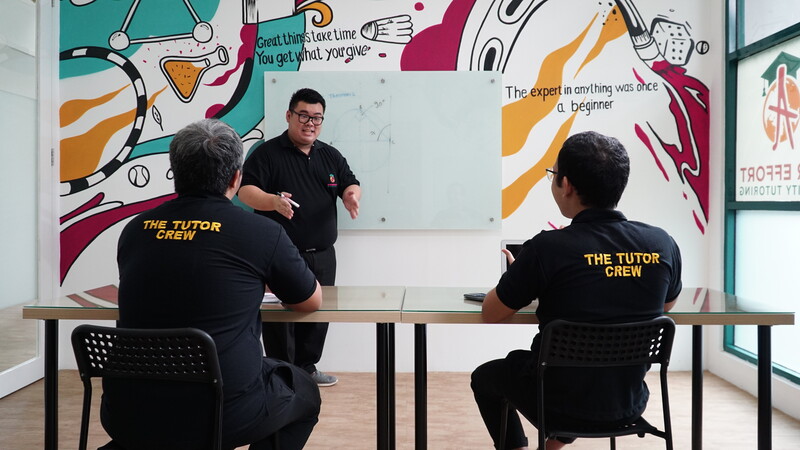
The role of A for Effort in a Student’s IB Success
A for Effort has played a big role in guiding students with their IB exam preparations. With access to official IB Maths and Science resources, A for Effort’s experienced tutors help students gain a thorough understanding of the types of questions they might face on their IB exams. Their tutors will also guide students on the IB scoring system which will help students understand how to score the most points per question.
The consistency of regular IB tutoring will allow students to allocate specific studying time to their IB exams. A for Effort provides IB students with supplementary IB work packets to take home, ensuring that students have sufficient resources beyond their regular tutoring lessons.
To sign up for IB Maths or Science tutoring, please contact A for Effort at +62-(0)819-1100-1203 or info@aforeffort.org. For more information, visit their website at www.aforeffort.org.




